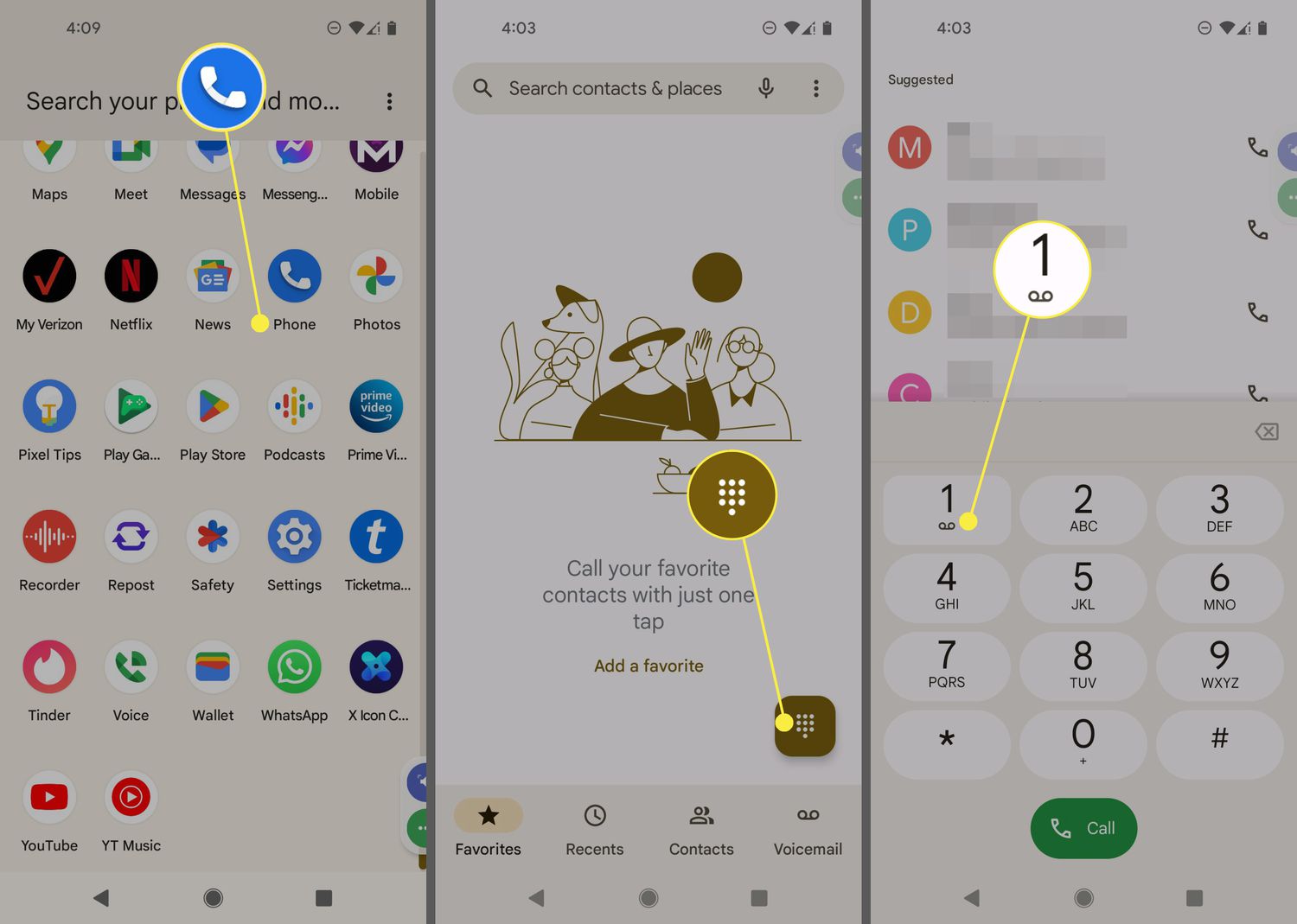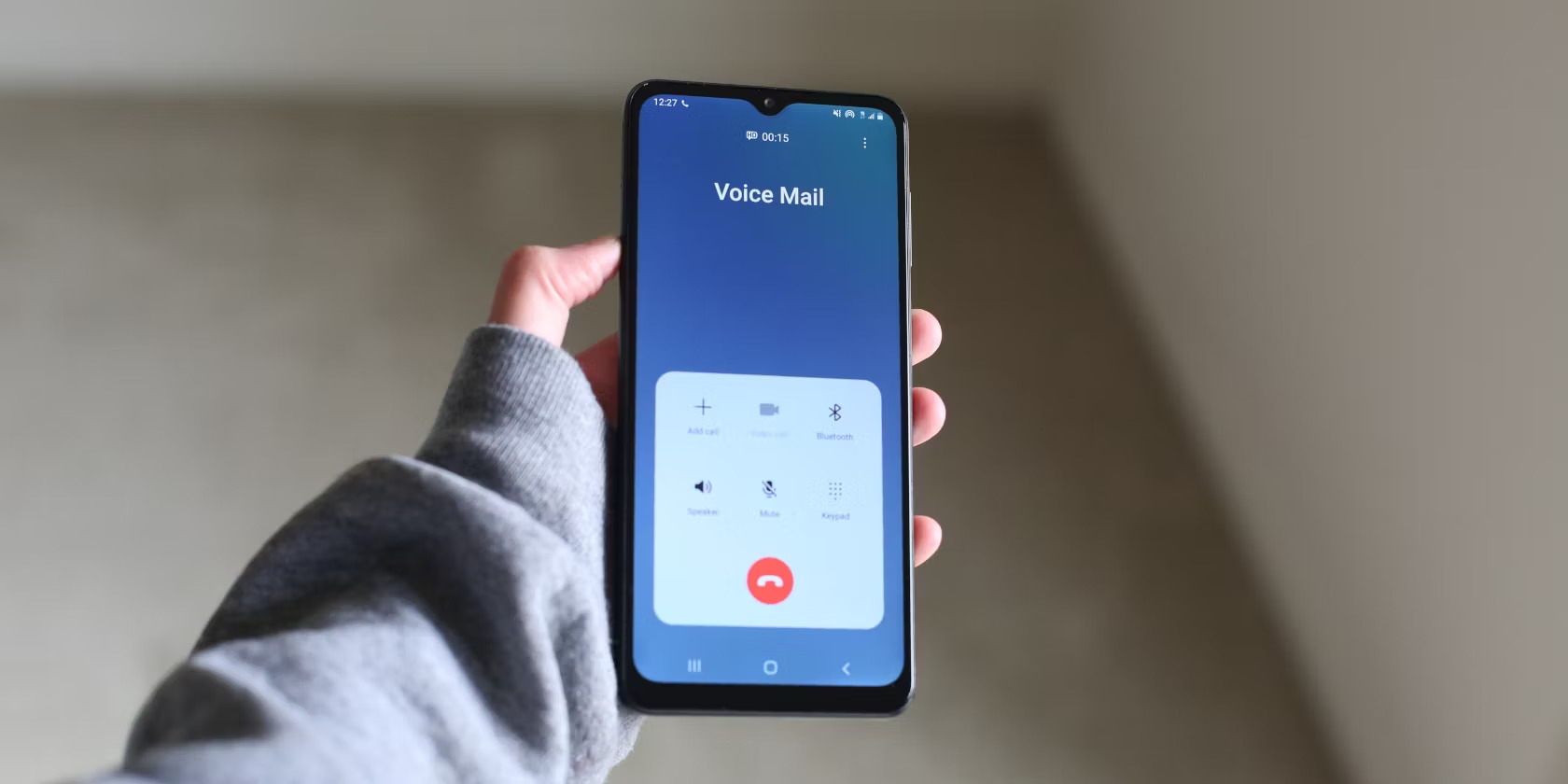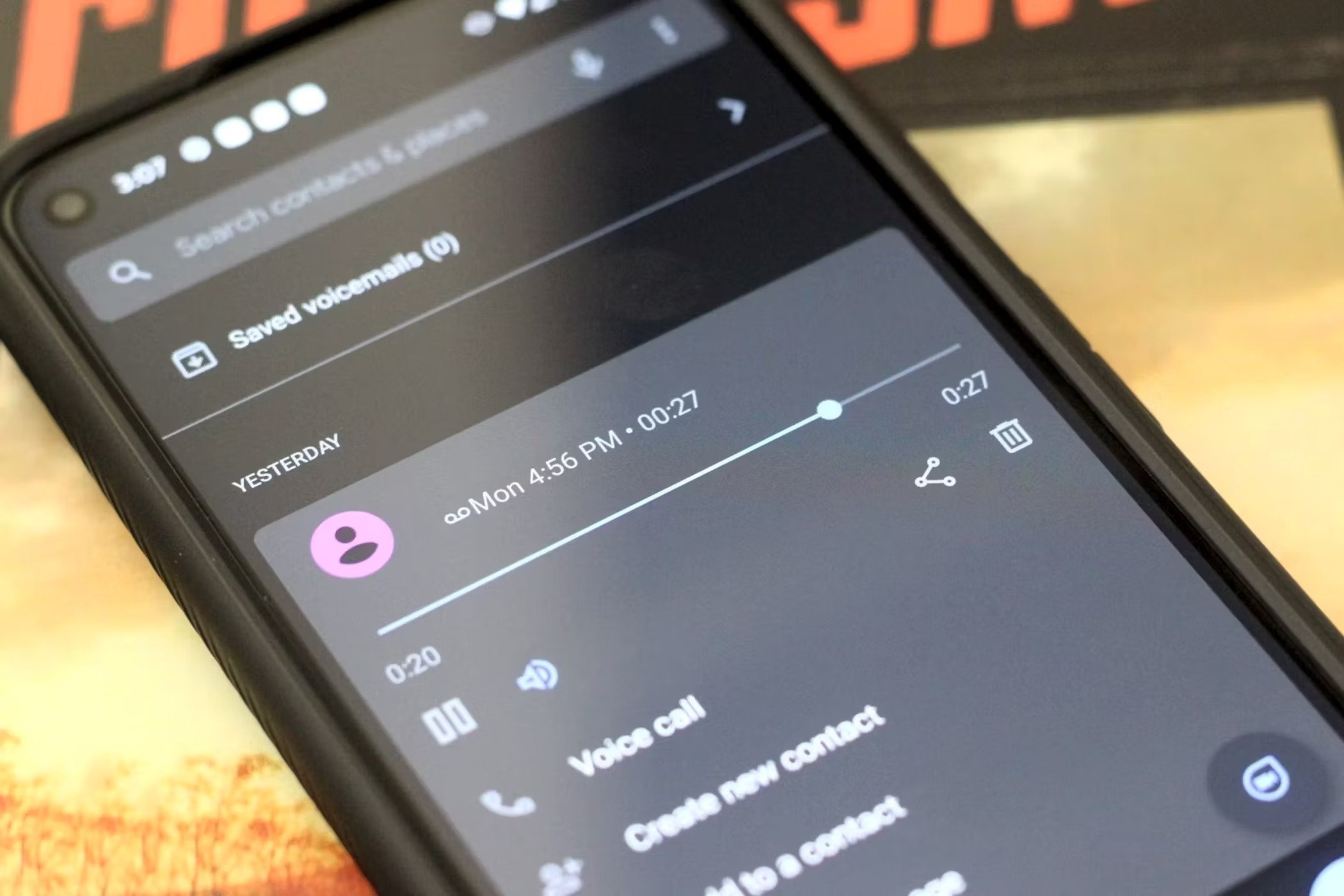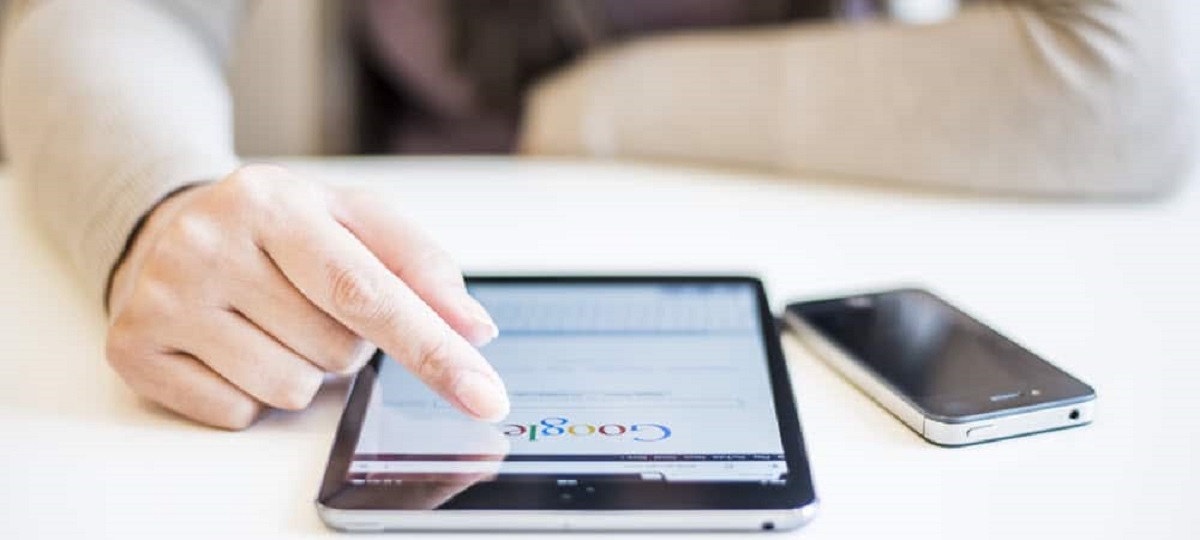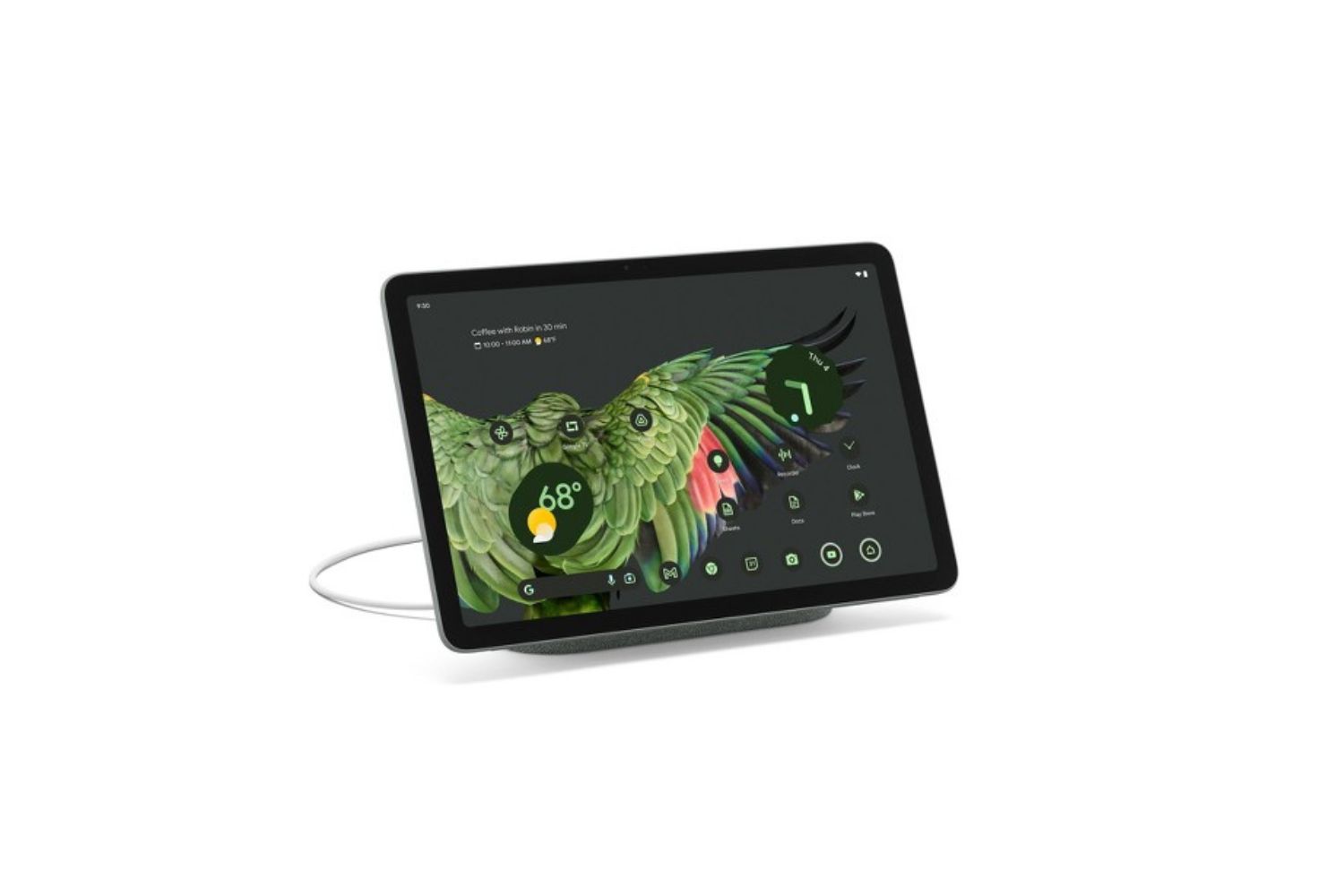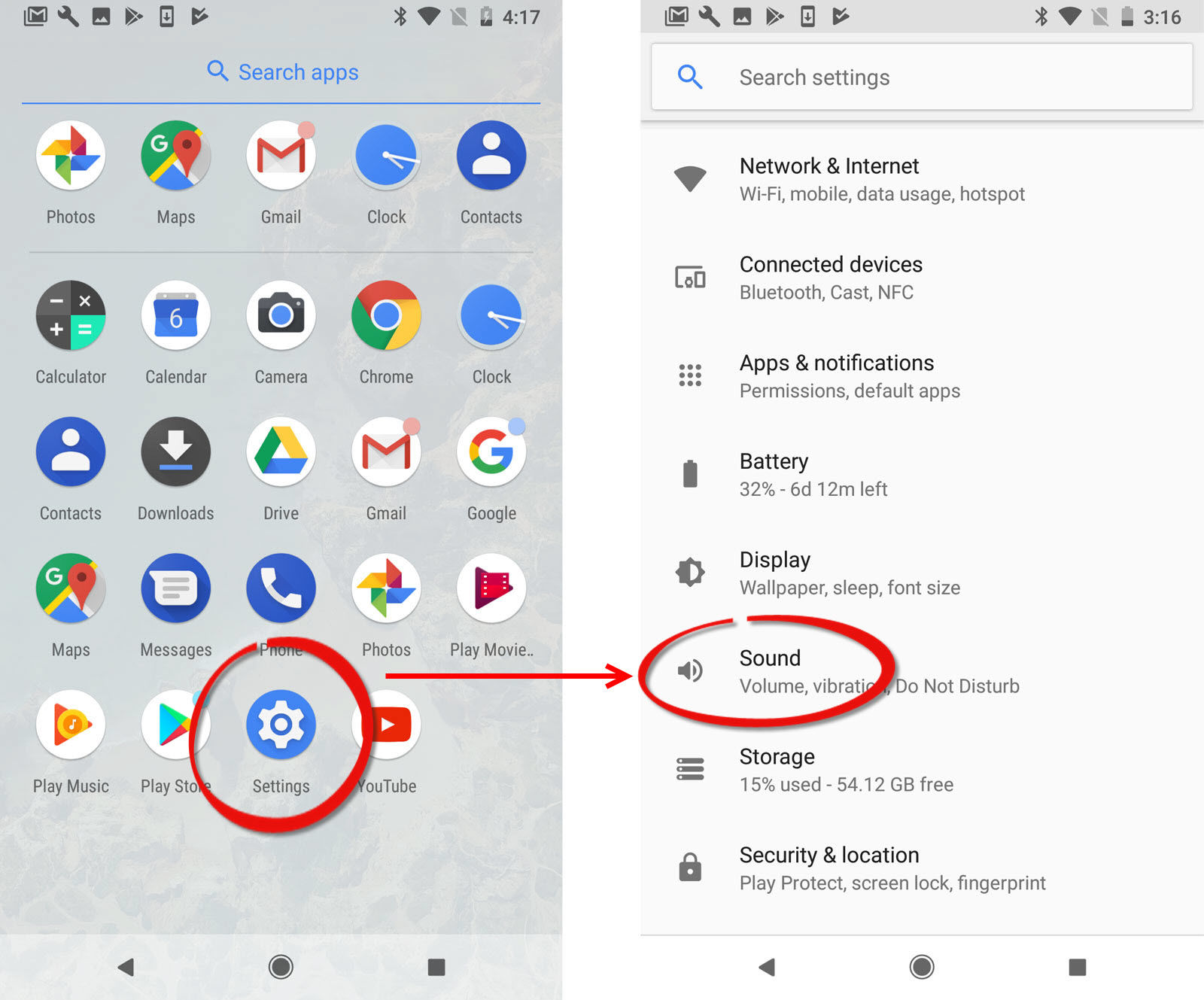Introduction
Have you ever been in a situation where you wish you could have recorded a phone call on your Android device? Whether it’s for personal or professional reasons, being able to record phone conversations can prove to be incredibly useful. Fortunately, there are several methods available to help you achieve this.
In today’s digital age, Android phones have become a vital tool for communication. They offer a myriad of features and functionalities, including the ability to make and receive phone calls. However, the default phone app on most Android devices does not come with a built-in call recording feature. But don’t worry, there are ways to overcome this limitation.
In this article, we will explore various methods that you can use to record calls on your Android phone. Whether you need to record an important conversation for legal purposes, maintain a record of an interview, or simply want to capture precious moments shared during a phone call, we’ve got you covered. Let’s delve into the methods and options available to make call recording on your Android device a seamless experience.
Before we dive into the specific methods, it’s important to address a crucial question: is it legal to record phone calls on your Android device?
Recording calls without the consent of all parties involved may be subject to legal restrictions depending on your jurisdiction. It’s crucial to familiarize yourself with the laws and regulations governing call recording in your specific region. Make sure to obtain the necessary permissions and inform all parties involved before recording any calls.
Now that we’ve clarified the legal aspect, let’s explore the different methods you can use to record calls on your Android device. Keep in mind that the availability of these methods may vary depending on your phone model, Android version, and manufacturer limitations.
Why would you want to record a call on your Android phone?
There are several reasons why you may want to record a call on your Android phone. Let’s explore some of the common scenarios where call recording can be beneficial:
- Legal purposes: When dealing with legal matters, having a recorded conversation can provide essential evidence. Whether it’s for business negotiations, customer disputes, or any other legal proceedings, a recorded call can serve as a valuable reference.
- Business transactions: Recording phone calls during important business transactions or client discussions can help ensure accuracy and prevent misunderstandings. You can refer back to the recorded conversation later to verify details or clarify any confusion.
- Interviews and meetings: If you conduct interviews or participate in important meetings over the phone, recording the calls allows you to focus on the discussion without worrying about taking detailed notes. You can review the conversation later and capture any missed points.
- Memorable conversations: Some phone calls are worth preserving as memories, such as conversations with loved ones, friends, or family members. Recording these calls enables you to relive those special moments and cherish them for years to come.
- Personal documentation: Recording phone calls can be useful for personal documentation, such as keeping track of important instructions, directions, or any other information that you find valuable.
Regardless of the specific reason, call recording on your Android phone offers a convenient and practical solution for capturing important conversations. It provides you with the ability to revisit the details discussed during the call, maintain accurate records, and ensure clarity in communication.
Now that you understand the various scenarios where call recording can be beneficial, let’s explore the different methods available to record calls on your Android device.
Is recording calls legal?
Recording phone calls on your Android device may be subject to legal restrictions depending on your jurisdiction. It’s important to understand the legal implications and regulations related to call recording in your specific region. Here are some key points to consider:
Consent: In many jurisdictions, it is illegal to record phone calls without the consent of all parties involved. This means that if you are planning to record a call, you must inform the other person and obtain their explicit consent before proceeding.
One-party consent: In some regions, only one party involved in the conversation needs to give consent for the call to be legally recorded. This means that as long as you are part of the conversation, you can legally record it without informing the other party. However, it’s crucial to check the specific laws in your area to ensure compliance.
Public vs. private conversations: The legalities of call recording may differ depending on whether the conversation is considered private or public. Generally, private conversations have a higher expectation of privacy, and recording them without consent may be subject to stricter regulations.
Professional use: If you are recording calls for professional purposes, such as in a business setting, it’s advisable to inform all parties involved and obtain their consent. This not only helps you stay compliant with legal requirements but also promotes transparency and ethical communication.
Laws may vary: It’s important to note that call recording laws can differ from one jurisdiction to another. It’s your responsibility to research and understand the specific regulations that apply to your location.
To ensure compliance with the law, it’s recommended to consult with legal professionals or seek advice from relevant authorities in your region. They can provide specific guidance based on your circumstances and local laws.
Remember, the information provided in this article is for general informational purposes only and should not be considered legal advice. It’s crucial to conduct your own research and seek professional advice to determine the legality of call recording in your area.
Now that we’ve discussed the legal considerations, let’s move on to exploring the different methods you can use to record calls on your Android phone.
Method 1: Built-in call recording feature (depending on the phone model and Android version)
Some Android phone models come with a built-in call recording feature, depending on the manufacturer and the version of Android you are using. This method provides a straightforward and convenient way to record calls without the need for third-party apps. Here’s how you can check if your phone has this feature and how to use it:
Step 1: Open the Phone app on your Android device.
Step 2: Look for the three-dot menu icon or the settings gear icon, usually located at the top right or top left corner of the screen. Tap on it to access the Phone app settings.
Step 3: In the settings menu, you should find an option related to call settings or call recording. The exact wording may vary depending on your phone model and Android version.
Step 4: Once you locate the call recording settings, enable the feature if it is not already turned on. You may also have the option to choose whether you want to record all calls automatically or manually select which calls to record.
Step 5: Make a test call to ensure that the call recording feature is working properly. During the call, you should see a visible indication that the call is being recorded, such as an on-screen notification or a recording icon.
Step 6: To access the recorded calls, you can usually find them in a dedicated folder within the Phone app or in your device’s file manager. The location may vary depending on your phone model.
It’s important to note that the availability of the built-in call recording feature may differ from one phone model and Android version to another. Some manufacturers disable this feature due to legal restrictions or other reasons. If you don’t see the call recording option in your phone’s settings, it means that your device does not have this feature.
If your phone does not have a built-in call recording feature, don’t worry! There are other methods and third-party apps available that can help you record calls on your Android device, which we will explore in the following sections.
Now that we’ve covered the first method, let’s move on to the next method: using third-party call recording apps.
Method 2: Using third-party call recording apps
If your Android phone does not have a built-in call recording feature, you can still record calls by using third-party call recording apps. These apps provide additional functionality and flexibility for recording both incoming and outgoing calls on your Android device. Here’s how you can use third-party call recording apps:
Step 1: Open the Google Play Store on your Android device.
Step 2: Search for “call recording app” in the search bar. You will find various options to choose from.
Step 3: Review the features, ratings, and user reviews of different call recording apps to find one that suits your needs.
Step 4: Once you have selected an app, tap on the “Install” button to download and install it on your device.
Step 5: Open the call recording app and follow the on-screen instructions to grant the necessary permissions. This may include allowing access to your phone’s microphone, storage, and contacts.
Step 6: Once you have completed the setup process, the call recording app will be ready to use. During a call, you may need to open the app and follow the prompts to start recording. Some apps may offer automatic call recording, while others may require manual initiation.
Step 7: After the call ends, the recording will be saved in the app’s designated folder or within your device’s storage. You can access and manage the recorded calls through the app’s interface.
It’s important to note that the functionality and features of third-party call recording apps may vary. Some apps offer advanced options like cloud storage, transcription services, and the ability to exclude specific contacts from automatic recording. Explore the app’s settings to customize the recording preferences according to your requirements.
While third-party call recording apps provide a convenient solution, it’s important to review and understand the app’s terms of service, privacy policy, and any legal implications associated with call recording in your region. Ensure that you comply with all applicable laws and regulations regarding call recording and privacy.
Now that we’ve covered the second method, let’s move on to the third method: using a call recording service provider.
Method 3: Using a call recording service provider
Another option for recording calls on your Android phone is to utilize a call recording service provider. These services typically require a subscription or fee and offer cloud-based call recording solutions. Here’s how you can use a call recording service provider:
Step 1: Research and select a reputable call recording service provider that meets your requirements. Look for providers that offer the features and pricing that align with your needs.
Step 2: Visit the service provider’s website and sign up for an account. You may need to provide some personal information and payment details to complete the registration process.
Step 3: Once your account is set up, follow the instructions provided by the service provider to configure call recording on your Android device. This may involve downloading and installing a companion app or configuring settings on your phone.
Step 4: After the setup is complete, the call recording service will automatically record your calls in the background. The recorded calls will be securely stored in the cloud, accessible through your account on the service provider’s website or app.
Step 5: You can manage and organize your recorded calls through the service provider’s user interface. Many service providers offer additional features such as call tagging, search functionality, and integration with third-party apps.
Using a call recording service provider offers the advantage of cloud storage, which ensures that your recorded calls are safely stored and easily accessible from any device with an internet connection. It also eliminates the need for local storage space on your Android device.
When choosing a call recording service provider, consider factors such as security, reliability, customer support, and compatibility with your Android phone. Read reviews and compare different providers to make an informed decision.
It’s important to note that using a call recording service provider may involve additional costs, especially if you exceed the allotted storage capacity or require additional features. Be aware of the pricing plans and any potential recurring fees associated with the service.
Now that we’ve covered the third method, let’s move on to some important considerations when recording calls on your Android phone.
Things to consider when recording calls on your Android phone
Recording calls on your Android phone can be a powerful tool, but it’s essential to consider a few important factors to ensure a smooth and legal recording process. Here are some key considerations:
Legality: Familiarize yourself with the call recording laws and regulations in your jurisdiction. Ensure that you comply with the legal requirements, such as obtaining consent from all parties involved in the call.
Privacy: Respect the privacy of others and use call recording responsibly. Avoid sharing or distributing the recorded calls without proper authorization, as it may infringe on privacy and legal rights.
Notification: In some regions, it’s required by law to inform all parties involved in the call that the conversation is being recorded. Make sure to provide a clear notification before starting the recording to maintain transparency and meet legal obligations.
Security: Consider the security measures implemented by the call recording method or app you choose. Ensure that your recorded calls are encrypted and stored securely to protect sensitive information from unauthorized access.
Storage: Assess the storage requirements for your recorded calls. If you choose to record calls locally on your device, make sure you have sufficient storage space available. If you opt for cloud-based storage, be aware of any storage limitations and associated costs.
Call quality: The quality of your recorded calls is crucial, especially if the recordings are intended for important purposes like legal matters or business transactions. Ensure that you have a stable and clear connection during calls to maintain the integrity and clarity of the recorded conversation.
Notification and consent: If you are using a third-party call recording app or service, review their privacy policy and terms of service. Ensure that you understand how your calls are being recorded, processed, and stored. Only use apps or services from trustworthy sources to safeguard your data.
Review local regulations: Call recording laws may vary from one jurisdiction to another. Stay updated with any changes or updates to the legal requirements regarding call recording in your region to ensure compliance.
By considering these factors, you can ensure a responsible and legal approach to recording calls on your Android phone. Remember to use call recording ethically and with respect for privacy rights.
Now that we’ve explored the important considerations, let’s wrap up with a recap of the methods discussed.
Conclusion
Recording calls on your Android phone can provide a range of benefits in various scenarios, whether for legal purposes, business transactions, interviews, or personal documentation. While not all Android devices come with a built-in call recording feature, there are alternative methods available to help you achieve your recording needs.
In this article, we explored three methods for recording calls on your Android phone:
- Using the built-in call recording feature (if available on your phone model and Android version) provides a convenient way to record calls without the need for additional apps.
- Third-party call recording apps offer flexibility and additional features, allowing you to record calls even if your phone doesn’t have a built-in feature.
- Using a call recording service provider enables cloud-based storage, easy access to recorded calls from any device, and additional features like tagging and search functionality.
When recording calls, it’s vital to consider the legal implications, privacy concerns, and the security of your recorded conversations. Understanding and complying with the laws and regulations regarding call recording in your jurisdiction is crucial to avoid any legal repercussions.
Additionally, it’s important to prioritize the consent and privacy of all parties involved in the call and use call recording responsibly. Be mindful of the storage requirements, call quality, and the terms of service of any third-party call recording apps or services you choose to use.
With these considerations in mind, you can take advantage of call recording as a powerful tool on your Android phone. Remember to always stay informed about the laws and regulations in your jurisdiction and use call recording ethically and responsibly.
We hope this article has provided you with valuable insights and guidance on how to record calls on your Android phone. Choose the method that suits your needs best, and enjoy the benefits and convenience of call recording.









